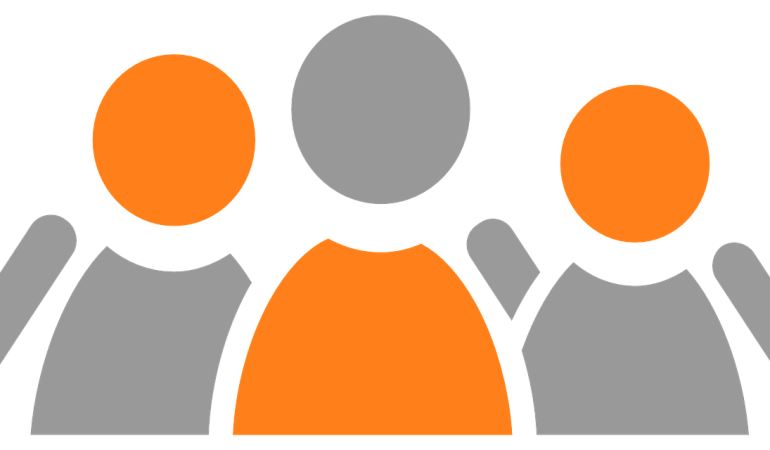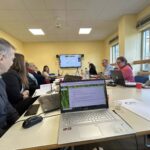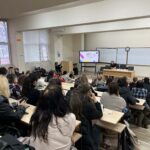Acronym: GIAff4ID
Start Date: 01.10.2022
End Date: 30.11.2024
The GIAff4ID project 2022-1-BG01-KA220-YOU-000087092 is funded by the Erasmus+ programme of the European Union.
On 01.10.2022, NARU started work on the GIAff4ID project, in partnership with:
• CRES Centro di Ricerche e Studi Europei – future business (Italy)
• European Association of Service Providers for Persons with Disabilities (Belgium)
• Associacio Programes Educatius Open Europe (Spain)
• Zihinsel Yetersiz Cocuklari Yetistirme ve Koruma Vakfi (Turkey)
• European Institute for Local Development (Greece)
GIAff4ID is inspired by the need to shift the discourse around sexual education for young people with intellectual disabilities. Currently, sexuality of people with disabilities is mostly discussed from the perspective of protection against abuse and violence, to which they are more vulnerable. While this is an important discussion, it is equally relevant to ensure that young people with intellectual disabilities receive the same sexual education as their peers, as this enables their integration into society and independence in this part of their lives.
GIAff4ID aims to break stereotypes around sexual education and affectivity of young people with intellectual disabilities. By removing the barrier around sexual education for these youth, GIAff4ID will demonstrate that gaining independence in choosing healthy sexual or emotional relationships is not only possible but also increases their participation and engagement in community life.
In the context of this project, true inclusion in society comes from creating systems where young people with intellectual disabilities are encouraged to make decisions about how they independently relate to their bodies and emotions. A key element to ensure this is to provide high-quality education, disseminating information in a way that considers different learning abilities and needs. This consortium designed the project with the idea that it is important not only to share the right materials but also to create content that can be personalized to different abilities and adapted to various environments and contexts.
Within GIAff4ID, high-quality materials will be developed for youth workers who want to engage young people with intellectual disabilities in sexual and affective education and health. Considering the diversity of learning abilities, the content will be developed as game-based learning activities, accompanied by instructional materials for their implementation, aiming to promote inclusion and awareness on the topic.
Activities will be based on research and field studies involving various stakeholders. In the initial phase, interviews, collection of good practices, online surveys, and development of game-based learning activities on sexual and affective education will be conducted. The resource collection will be documented in national and European reports and tested during the pilot phase in the form of workshops.
The project results will come from three work packages:
• A guideline manual for youth workers based on interviews with young people with intellectual disabilities.
• A compendium of good practices with games and instructional materials for application. The developed materials will be combined and presented as a training kit for GIAff4ID target groups.
• All materials will be translated and made available in the national languages of all partners.
The GIAff4ID project targets youth workers and youth worker associations engaged with young people with intellectual disabilities. Specifically, it seeks youth workers involved in informal activities with them who want to approach the topic of sexual education and affectivity.
Additionally, the specific results of GIAff4ID can be adapted for use by families or caregivers of young people with intellectual disabilities, who are the secondary target group of the project. Traditionally, the role of family or primary caregivers is to introduce sexual education and health topics to adolescents, and therefore they will be able to use our materials.
Furthermore, another target group of this proposal is young people with intellectual disabilities themselves, who will participate not only in the testing phase during the workshops but also in the preparatory phase to establish needs, expectations, and knowledge levels. Their participation and inclusion as a target group is essential to achieving the goal of providing appropriate materials for youth workers’ implementation.
Newsletter 2: https://drive.google.com/file/d/1GK5SsjxrPpQ3nBpfmmIp-ca1Icc6EDeM/view?usp=drive_link



